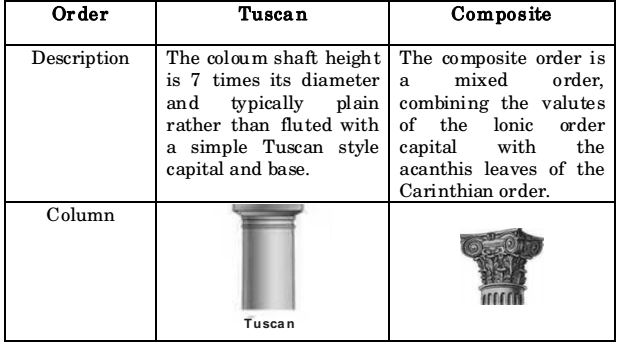Architecture and Planning Miscellaneous-topic
- Liquidated damage refers to the
-
View Hint View Answer Discuss in Forum
Liquidated damages (also referred to as liquidated and ascertained damages) are damages whose amount the parties designate during the formation of a contract for the injured party to collect as compensation upon a specific breach (e.g., late performance).
Correct Option: B
Liquidated damages (also referred to as liquidated and ascertained damages) are damages whose amount the parties designate during the formation of a contract for the injured party to collect as compensation upon a specific breach (e.g., late performance).
- Slenderness ratio of a column is represented as :
-
View Hint View Answer Discuss in Forum
Slenderness Ratio = Effective length Radius of gyration
Slenderness ratio is the ratio of the length of a column and the least radius of gyration of its cross section. Often denoted by lambda. It is used extensively for finding out the design load as well as in classifying various columns in short/ intermediate/long.
Correct Option: B
Slenderness Ratio = Effective length Radius of gyration
Slenderness ratio is the ratio of the length of a column and the least radius of gyration of its cross section. Often denoted by lambda. It is used extensively for finding out the design load as well as in classifying various columns in short/ intermediate/long.
- The Pritzker Architecture prize for the year 2016 has been awarded to
-
View Hint View Answer Discuss in Forum
Year Pritzker Award Winners 2018 B. V. Doshi 2017 Rafael Aranda, Carme Piqem and Ramon Vilalta 2016 Alejandro Aravena Correct Option: A
Year Pritzker Award Winners 2018 B. V. Doshi 2017 Rafael Aranda, Carme Piqem and Ramon Vilalta 2016 Alejandro Aravena
- As per the CPWD Handbook on Barrier Free and Accessibility, 2014, Government of I ndia, the minimum length of a straight ramp in metre to raise a wheelchair to the plinth level of 600 mm, is ___________
-
View Hint View Answer Discuss in Forum
As per CPWD handbook on Barrier Free and Accessibility 2014, maximum gradient of ramp should be 1 : 12. It means to raise a height of 1 m (1000 mm), it requires 12 m (12000 mm) length of ramp.
Thus, to raise a wheelchair to height 600 mm, it requires 12 × 600 = 7200 mm = 7.2 m rampCorrect Option: A
As per CPWD handbook on Barrier Free and Accessibility 2014, maximum gradient of ramp should be 1 : 12. It means to raise a height of 1 m (1000 mm), it requires 12 m (12000 mm) length of ramp.
Thus, to raise a wheelchair to height 600 mm, it requires 12 × 600 = 7200 mm = 7.2 m ramp
- Tuscan and Composite orders are associated with
-
View Hint View Answer Discuss in Forum

Correct Option: D


